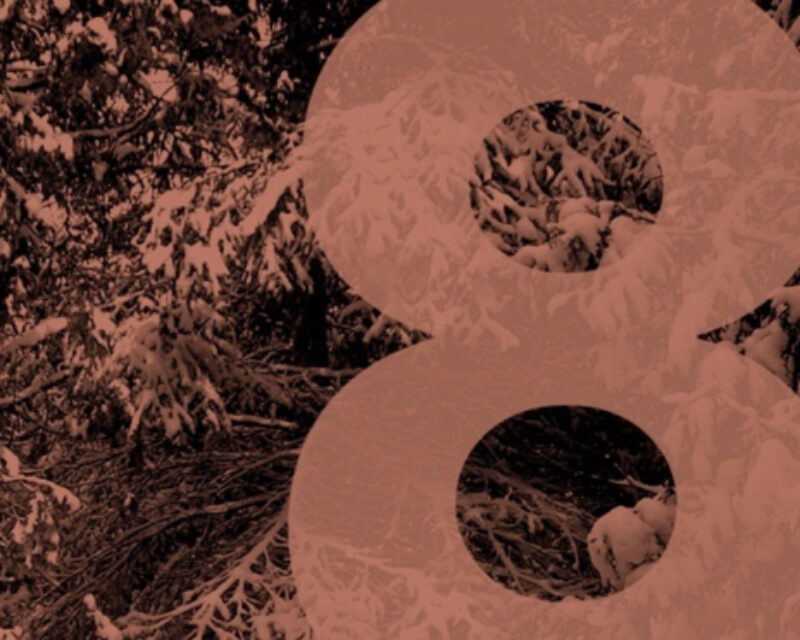The Practice of Cultural Competency in First Nations Education
Cultural competency is a mindset or way of viewing the world. For those who commit to culturally competent practices it represents a paradigmatic shift from viewing others as problematic to viewing how one works with people different from one’s self in a manner to ensure effective practices

Cultural competency in First Nations education means adopting and implementing a number of relevant practices and strategies.
- Accept that being a member of a dominant group confers advantages or privileges.
- Accept that being a member of a dominant group confers responsibility for change.
- Understand that there may be different standards and expectations of decorum in a classroom.
- Understand that conflict may be due to cultural factors, not differences in personalities.
- Explore and assess your own tendencies to express stereotypes or biases.
- Learn how your own culture may influence how you react to the culture of others.
- Identify and deal with stereotypes and biases in educational resources.
- Value diversity, accept and respect differences in point of view, experiences and relationships.
- Be open to understanding and working with Indigenous individuals and groups.
- Share insights into cultural knowledge with colleagues.
- Incorporate knowledge of Indigenous perspectives into educational practices.
“Today, there is another significant shift in how Aboriginal education is being approached. Each province and territory is seeking more authentic ways to engage with Aboriginal communities to ensure that Aboriginal worldview (customs, language, resources) is respectfully represented in schools.”
-Pamela Rose Toulouse



